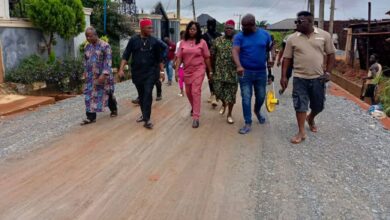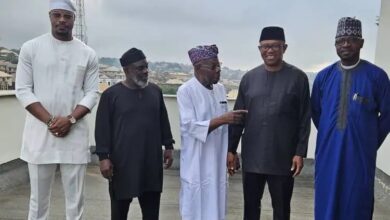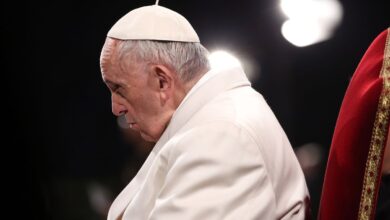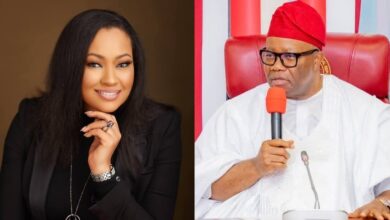EFCC retrials ex-NSA boss Dasuki
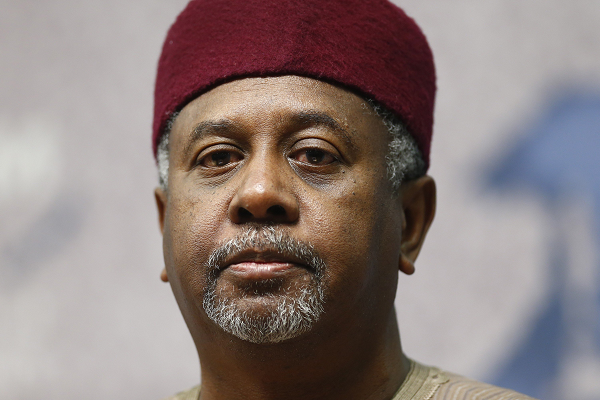
Nigeria’s anti-graft agency, the EFCC, re-arraigned former National Security Adviser Sambo Dasuki on Tuesday over alleged N33.2 billion fraud.
He appeared alongside ex-NNPC executive Aminu Baba-Kusa and two firms—Acacia Holdings and Reliance Referral Hospital.
Justice Charles Agbaza now oversees the case after its transfer from FCT Chief Judge Hussein Baba-Yusuf. This marks the latest twist in an eight-year legal battle initially filed in 2015.
Prosecutors originally charged Dasuki and ex-finance director Shuaibu Salisu with N15.5 billion misuse in 19 counts. However, amended charges in 2023 expanded allegations to 32 counts totaling N33.2 billion, dropping Salisu’s involvement.
Meanwhile, a parallel 2015 case accuses Dasuki of mismanaging N19.4 billion with ex-Finance Minister Bashir Yuguda and Sokoto ex-Governor Attahiru Bafarawa. That trial, involving 25 counts, now proceeds before Justice Yusuf Halilu.
Both cases faced repeated delays, partly due to DSS blocking Dasuki’s bail. Critics cite these holdups as emblematic of Nigeria’s sluggish judicial process.
During Tuesday’s hearing, all defendants pleaded not guilty. Prosecution counsel Oluwaleke Atolagbe demanded swift trial dates, while defense lawyers A.A. Usman and Richard Ibiye sought maintained bail terms.
Justice Agbaza upheld existing bail conditions, requiring regular court attendance. He adjourned proceedings until July 1 for trial commencement, signaling potential momentum in the long-stalled case.
The EFCC’s persistence underscores Nigeria’s ongoing anti-corruption efforts, though skeptics question delayed accountability. Dasuki, NSA from 2012-2015, remains central to probes into alleged arms fund diversion during Boko Haram’s peak insurgency.
Observers note this revival coincides with President Tinubu’s pledge to prioritize anti-graft reforms. However, public patience wears thin as high-profile cases languish for nearly a decade.
With Nigeria grappling with economic crises, citizens increasingly demand recovery of stolen funds. The Dasuki saga—involving over N52 billion across two cases—remains a litmus test for judicial efficacy.
As trial dates approach, all eyes will monitor whether witness testimonies and evidence withstand rigorous scrutiny. The EFCC must now prove its meticulously documented claims can survive defense challenges.
For ordinary Nigerians, the case symbolizes both hope for accountability and frustration with systemic delays. Justice Agbaza’s courtroom now becomes the latest arena in this protracted fight against impunity.
Legal analysts warn further adjournments could erode public trust. “Swift, transparent proceedings are crucial,” said Abuja-based lawyer Aisha Mohammed. “Justice delayed risks becoming justice denied for 200 million citizens.”
The July 1 hearing may determine whether this landmark case finally reaches resolution or joins Nigeria’s growing list of unfinished anti-corruption battles.
Post Views: 52


